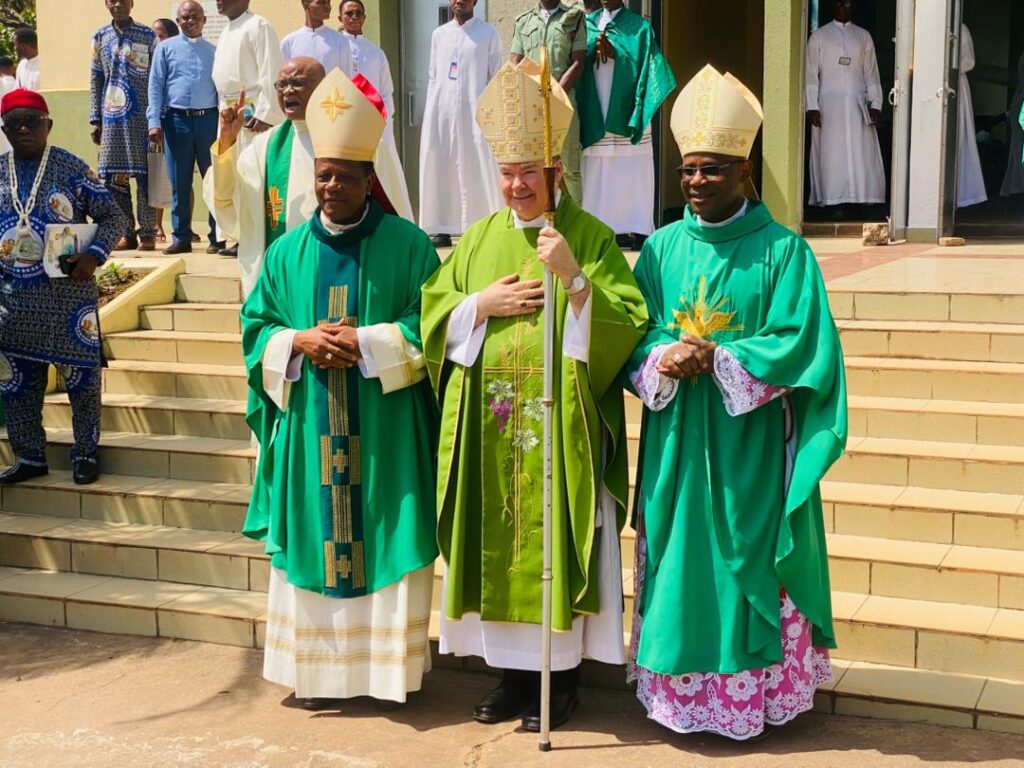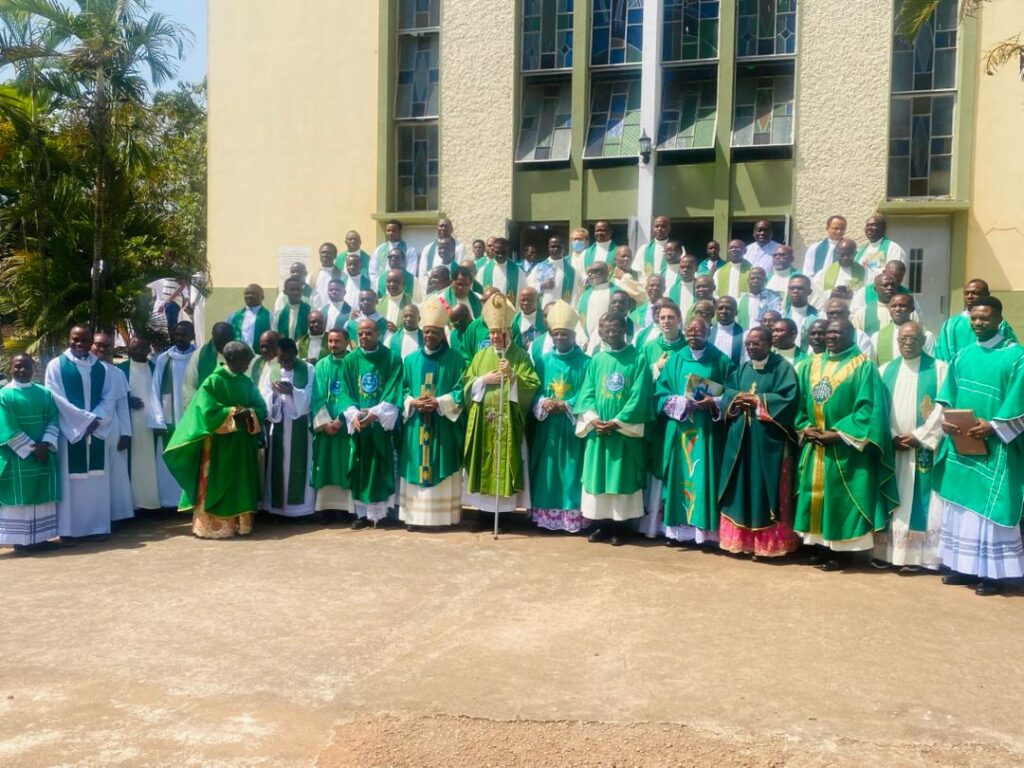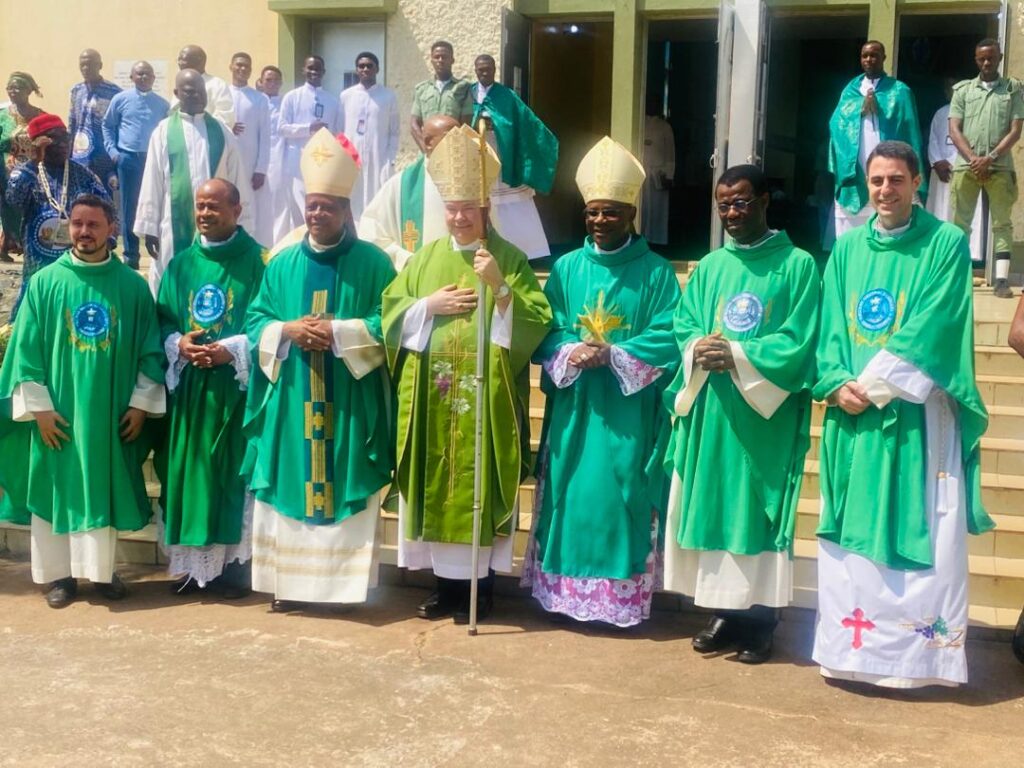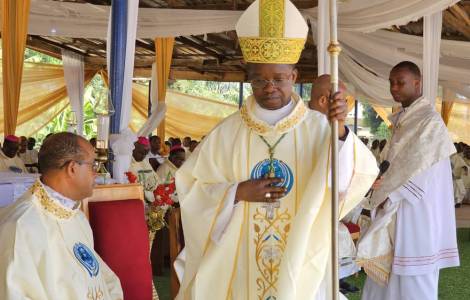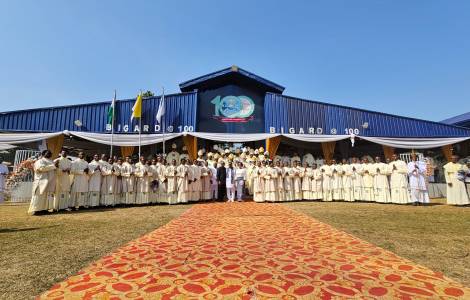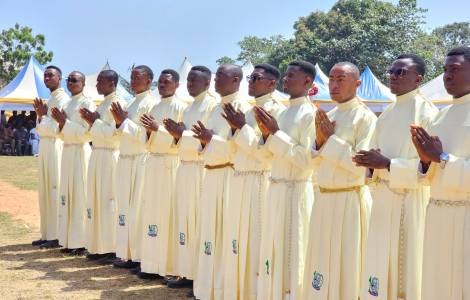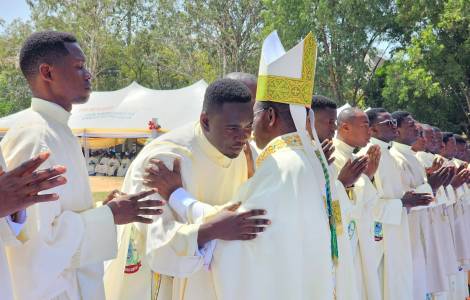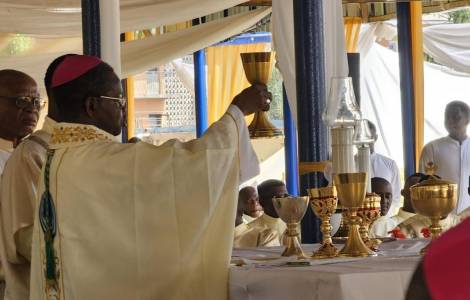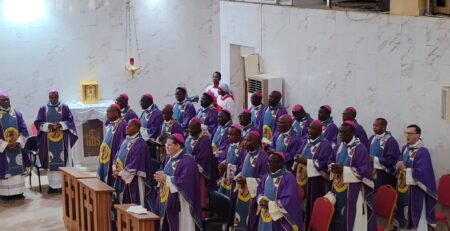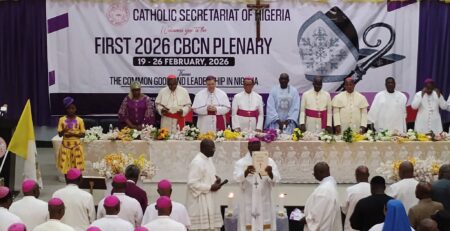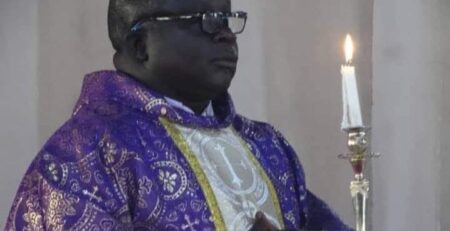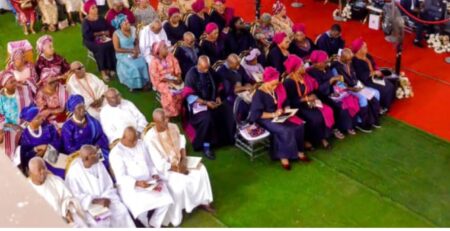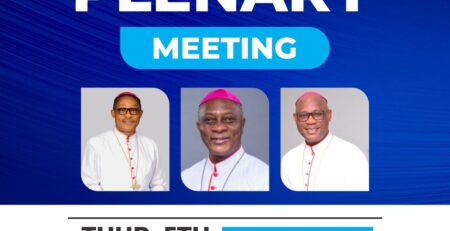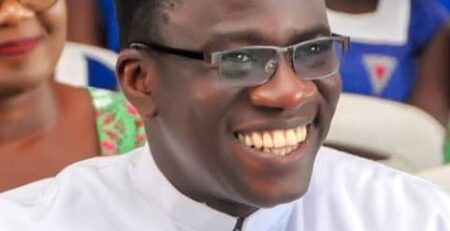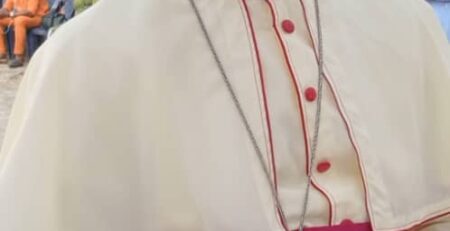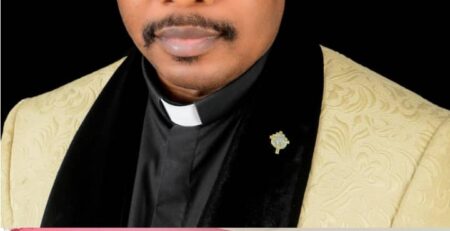“You cannot say Jesus of Nazareth with a ‘son-of-the-soil’ mentality…” Archbishop Fortunatus Nwachukwu tells Clerics at Bigard Memorial Seminary Centenary
By Fr. Anthony Adetayo
Bigard Memorial Seminary, one of Nigeria’s premier Catholic institutions, marked a major milestone with its centenary summit Mass that took place on Thursday 21 November 2024. This Mass witnessed the ordination of 40 new Deacons. The seminary, which has been forming future priests for 100 years, has a rich history of academic excellence, spiritual growth, and leadership development. Over the course of these 100 years, Bigard Memorial Seminary has formed 4 Cardinals, 14 Archbishops, 37 Bishops as well as numerous priests who still serve in various parts of the world. Among them is Archbishop Fortunatus Nwachukwu, current Secretary of the Dicastery for Evangelization, Section for First Evangelization and New Particular Churches, who graduated in Theology 40 years ago.
The President of the liturgical assembly and homilist; Most Rev. Fortunatus focusing on the text of the passage said “The harvest is rich but the labourers are few. Prayer is the first fundamental element of choosing labourers into God’s vineyard.” Explaining further, he said the Deacons ordained today are called to serve. He insisted that the Biblical Deacons in Act 6:3 were not chosen because of their descent or genealogy but because they were men of good repute, full of spirit and wisdom. “They were elected in response to complaint of discrimination based on ethnic origin within the church.” He spoke to the Deacons, “You too are going to be sent into a Church and a world faced even today with similar challenges of prejudice and discrimination based on ethnicity, tribalism or affiliations”
Facing the Bishops, the homilist said “stop taking decisions based on ethnocentric and geocentric prejudices and discrimination. He painted a scenario, “Imagine a young person who has spent his childhood in a particular place, eating the food, breathing the air, drinking the water, and playing with peers of the place, and at the moment of entering the major seminary, he is asked to go back to his “home Diocese!” Which really is the “home Diocese”? Where was Jesus born? Bethlehem, of course. Why then is He not called “Jesus of Bethlehem,” but “Jesus of Nazareth,” the place where He grew up? You cannot say “Jesus of Nazareth” if you are still bound to the son-of-the-soil mentality. You cannot say “Jesus of Nazareth” if anyone is sending students or seminarians back to the birthplace of their parents.” “With what moral courage would we challenge and criticize political authorities who practice such discrimination if we ourselves do the same in the Church? He asked.
The Archbishop quoted the book of Revelation: “I am making all things new.” He further prayed that the Lord may make all truly new through the sacrament of Holy Orders! Amen.
